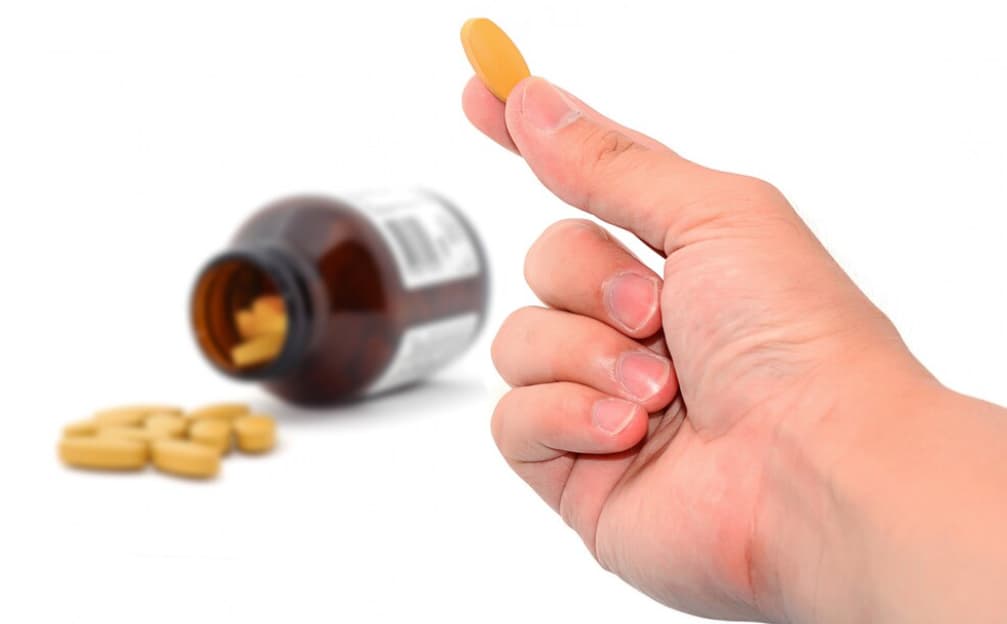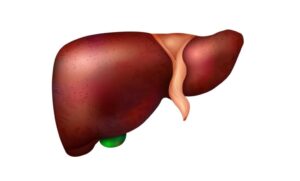
The Potential Impact of Tramadol on Liver Health
Whether you’re experiencing short-term postoperative discomfort or battling long-standing chronic pain, tramadol might be part of your treatment plan. As an opioid, it’s commonly prescribed for various pain conditions in adults.
However, as with any medication, tramadol carries potential side effects, including concerns about liver or kidney damage. This article delves into the veracity of these claims, while also exploring the diverse uses, effects, and addiction risks associated with tramadol.
What is Tramadol?
Tramadol stands as a synthetic opioid employed in the management of moderate to moderately severe pain among adults. Beyond its conventional use, it’s also utilized off-label for addressing premature ejaculation and restless leg syndrome.
Sold under various names such as Ultram, Ultram ER, and Conzip, tramadol is available both as a generic medication and in combination with acetaminophen, marketed as Ultracet. Its formulations include both extended and immediate release versions, with caution advised regarding the duration of use, particularly for the immediate release form, which is recommended for short-term use of less than a week. Capsules are the common form of dispensation for both formulations.
Evaluating the Safety of Tramadol Usage

Tramadol falls under the classification of a class IV drug as determined by the Food and Drug Administration (FDA). This categorization implies that while there exists a potential for addiction or dependence, tramadol is deemed safe for medical utilization.
Advisory Notices on Tramadol and Opioid Usage
The national health oversight body has released comprehensive advisories regarding the use of tramadol, highlighting the need for caution:
- A strict prohibition (the highest level of warning from the FDA) against the administration of tramadol to children younger than 12 years of age;
- A prohibition for individuals under 18 years from using tramadol for pain management post-tonsillectomy or adenoidectomy;
- An advisory for youths aged 12 to 18 who are overweight, suffer from obstructive sleep apnea, or have respiratory conditions, recommending against tramadol use;
- A guideline discouraging the use of tramadol by individuals who are breastfeeding.
As is the case with all opioid medications, there is a potential for addiction when using tramadol, even when it is prescribed for legitimate medical reasons.
Adhering strictly to prescription instructions can mitigate the risk of developing a dependence on tramadol. It is crucial not to exceed the dosage or frequency prescribed by your healthcare provider, and to avoid altering the medication by crushing, chewing, breaking, or dissolving the capsules. Overdosing on opioids, including tramadol, can lead to lethal outcomes.
Assessing the Impact of Tramadol on Liver and Kidney Health

Tramadol undergoes processing in the liver, presenting a possibility, albeit low, of causing liver damage. Generally, liver damage is an uncommon side effect when tramadol is consumed at the recommended therapeutic doses. Should liver issues arise, they typically manifest mildly and tend to resolve independently.
To preemptively identify any potential liver impact, healthcare providers usually conduct an initial liver function assessment prior to commencing tramadol treatment. For patients prescribed tramadol for extended periods, ongoing monitoring of liver health is standard practice to ensure continued well-being.
While tramadol itself does not pose a direct risk to kidney health, its use can be problematic for individuals with pre-existing chronic kidney disease.
It’s crucial for patients with known liver or kidney concerns to inform their healthcare provider, who may then adjust the medication choice, dosage, or dosing frequency accordingly.
The risk of liver or kidney damage escalates with the consumption of tramadol in dosages exceeding medical advice. Moreover, tramadol overdose can precipitate acute liver or kidney failure, underscoring the importance of adhering strictly to prescribed dosages.
The Effects of Tramadol on Physical and Mental States
Tramadol’s impact on the body often results in sensations of sleepiness or drowsiness, alongside a reduction in physical movements and respiratory rate. Therefore, it is advised not to combine tramadol with alcohol, benzodiazepines, or any other substances that can further suppress the central nervous system.
Users may experience dizziness or a sensation of lightheadedness when transitioning from a reclining to a standing position, suggesting a cautious approach to such movements to prevent falls or injuries.
Additionally, tramadol may lead to various side effects, including:
- Headaches;
- A feeling of nervousness;
- Muscular stiffness;
- Constipation;
- Emotional fluctuations;
- Tremors in specific body parts;
- Heartburn;
- Indigestion;
- Dryness in the mouth.
For individuals on long-term tramadol therapy, regular medical evaluations are recommended to monitor blood pressure, respiratory function, and mental health to identify and manage any adverse reactions effectively.
Abrupt discontinuation of tramadol can precipitate withdrawal symptoms, underscoring the importance of consulting with a healthcare professional before ceasing its use. This ensures a gradual reduction in dosage to minimize withdrawal effects, particularly for those who have been on prolonged tramadol treatment.
Conclusion
Tramadol serves as a crucial remedy for adults grappling with moderate to moderately severe pain. However, its usage is accompanied by cautions and advisories. It’s imperative that individuals under the age of 18 refrain from tramadol consumption, particularly following tonsillectomy or adenoidectomy, if they are obese, or suffer from sleep apnea. Additionally, pregnant individuals should abstain from tramadol usage.
For the majority, tramadol is unlikely to induce liver damage. Should such damage occur, it’s typically mild and self-resolving. Nevertheless, tramadol poses risks for individuals with pre-existing liver or kidney conditions. Consultation with your healthcare provider is essential if you have liver or kidney issues and are prescribed tramadol. They might recommend an alternative medication.

